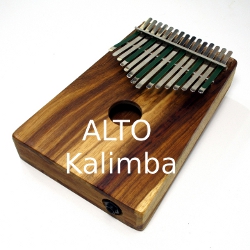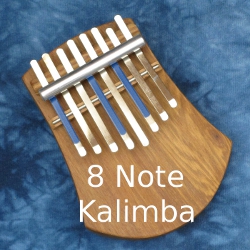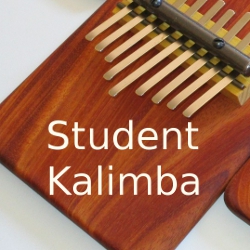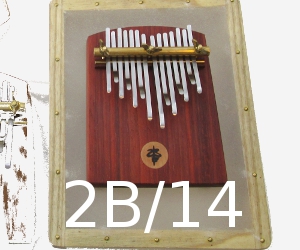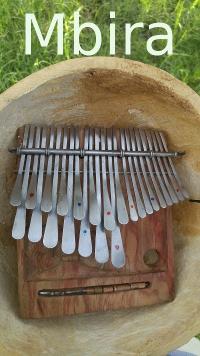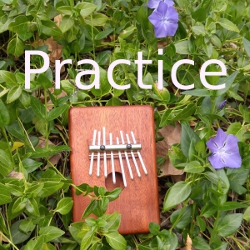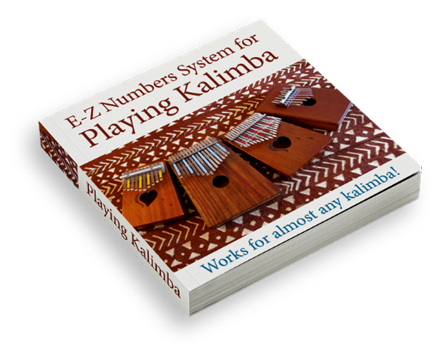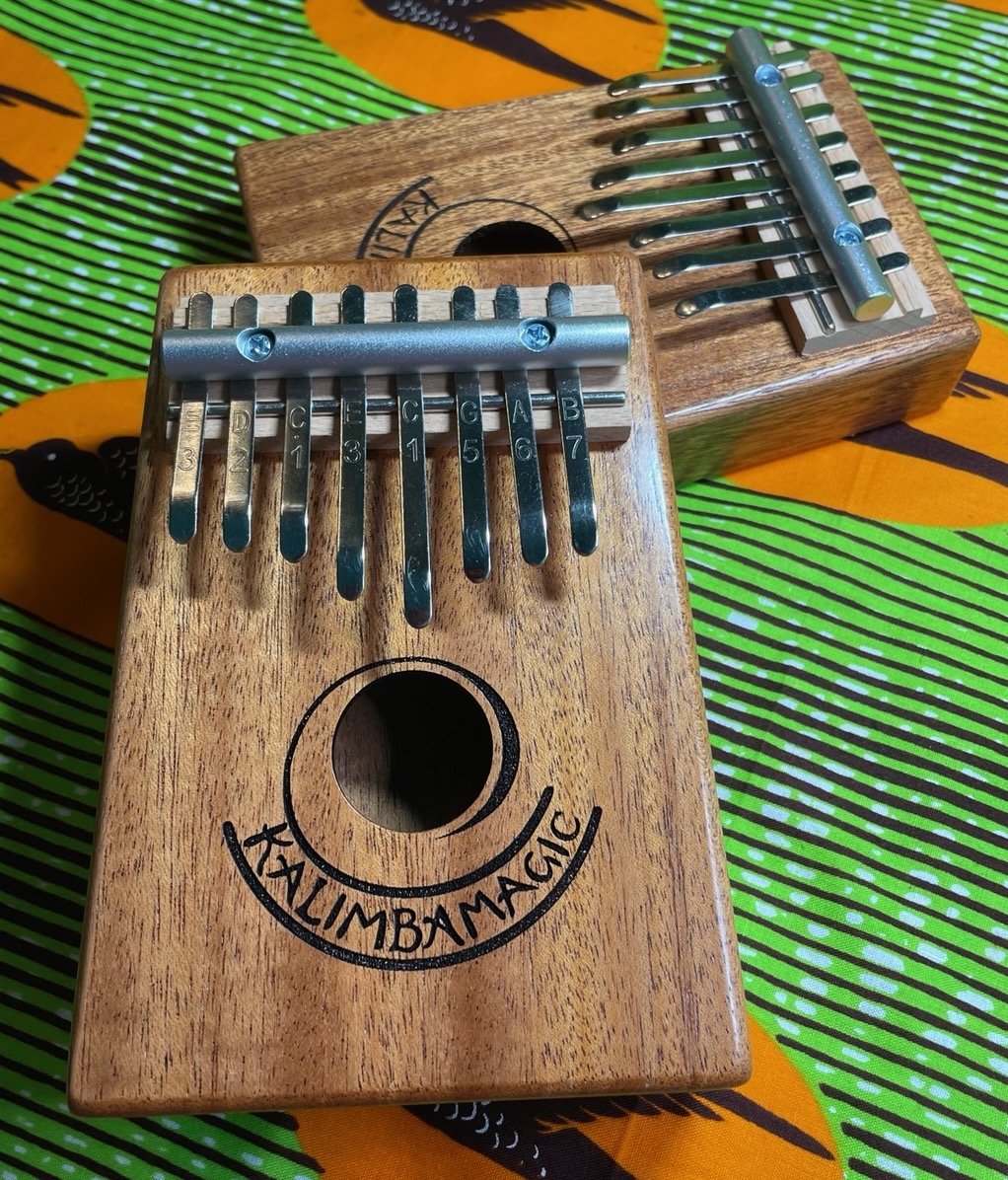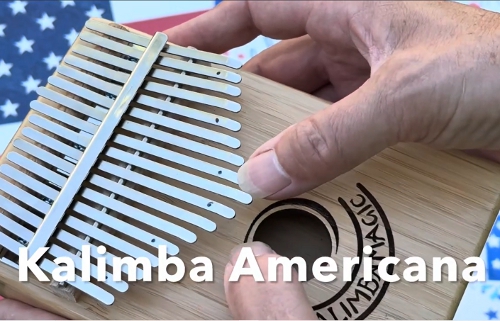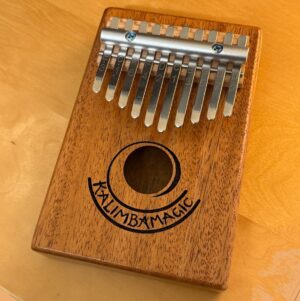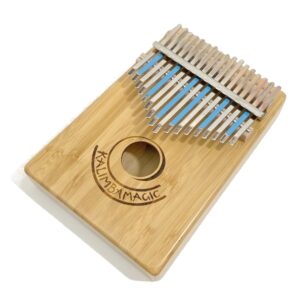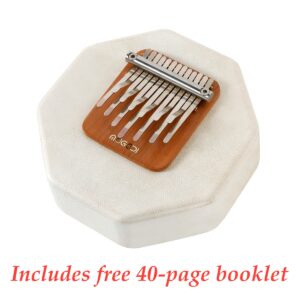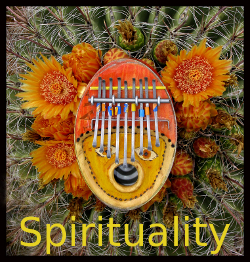
Kalimba Spirituality
The kalimba journey can reflect your inner spiritual journey Get the Best Ever 8-Note Book Kalimba music tends, like the concept of Karma, to be cyclic. With Karma, what goes around, comes around, basically. Our job is to improve on what we put into the world, and what we get back will similarly improve. We can study and practice this our whole lives, and hopefully get better and better in all ways. When we are learning to play some new musical piece, our playing is plagued with stumbles and errors. And since kalimba music is generally cyclic, we will have repeating opportunities to improve on what we are studying.
